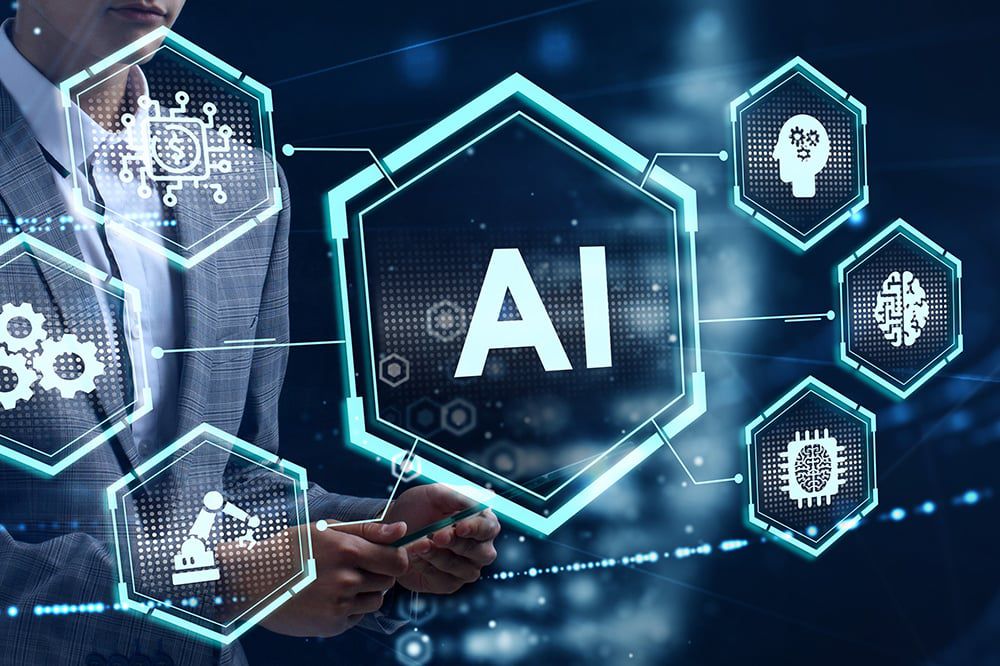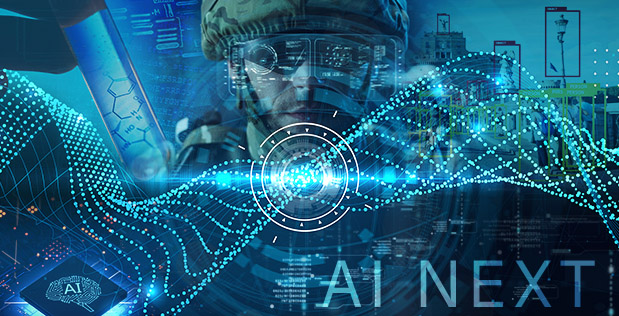
AI Revolution in Scientific Research
In recent years, the integration of Artificial Intelligence (AI) in scientific research has sparked a transformative revolution. As scientists strive to unravel the complexities of the universe and tackle pressing global challenges, AI has emerged as a powerful tool, expediting processes, enhancing insights, and enabling breakthroughs. This blog post delves into the profound impact of the AI revolution on scientific research, exploring its applications, benefits, and the exciting possibilities it presents.
The Synergy of AI and Scientific Research
AI, often referred to as the “fourth paradigm” of science, complements traditional methods by analyzing vast datasets, identifying patterns, and generating predictions that might otherwise elude human researchers. Its ability to process information at lightning speed enables scientists to explore hypotheses and test scenarios more comprehensively. Here’s how AI is reshaping scientific research:
1. Data Analysis and Interpretation
In fields like genomics, astronomy, and climate science, AI algorithms excel at handling massive datasets. AI-driven data analysis reveals subtle correlations and trends that lead to novel discoveries. For instance, AI-powered gene sequencing accelerates DNA analysis, aiding in the identification of genetic markers associated with diseases.
2. Drug Discovery and Development
AI expedites drug discovery by simulating molecular interactions, predicting drug candidates, and optimizing drug design. This approach drastically reduces the time and cost required to bring new medications to market, potentially revolutionizing healthcare.
3. Simulation and Modeling
Complex simulations, such as climate modeling and particle physics experiments, demand significant computational resources. AI-driven simulations enhance accuracy while optimizing computational efficiency, allowing researchers to simulate intricate scenarios that were previously impractical.
4. Personalized Medicine
AI’s ability to process individual patient data facilitates personalized treatment plans. By analyzing medical records, genetic information, and patient outcomes, AI assists doctors in tailoring treatments to each patient’s unique needs.
5. Automation and Efficiency
Labor-intensive tasks, like image analysis and data categorization, can be automated through AI, freeing up researchers to focus on higher-level analysis and creative problem-solving.

Benefits of the AI Revolution in Scientific Research
- Speed and Efficiency: AI’s rapid data processing accelerates research timelines, enabling scientists to explore a broader range of hypotheses and iterate experiments faster.
- Discovery of Patterns: AI uncovers intricate patterns within complex datasets, leading to novel insights that human researchers might overlook.
- Cross-Disciplinary Collaboration: AI facilitates interdisciplinary collaboration, allowing researchers from various fields to pool their expertise and solve complex problems collectively.
- Cost Savings: AI-driven processes reduce the need for manual labor and expensive equipment, resulting in cost savings in research endeavors.
Ethical Considerations and Challenges
While AI revolutionizes scientific research, it also raises ethical questions. Ensuring transparency in AI-driven decision-making, addressing biases in training data, and safeguarding data privacy are paramount.
Conclusion
The AI revolution has transcended the boundaries of imagination, propelling scientific research to new heights. From unveiling the mysteries of the cosmos to developing life-saving medications, AI has become an indispensable partner to human ingenuity. As the symbiotic relationship between AI and scientific research continues to evolve, it is crucial for the scientific community to navigate the ethical and societal implications while harnessing the transformative potential of this remarkable alliance. The future holds unprecedented discoveries and innovations, driven by the synergy of human brilliance and artificial intelligence.
Revolutionizing Sustainable Engineering: Harnessing Renewable Energy for a Greener Future

